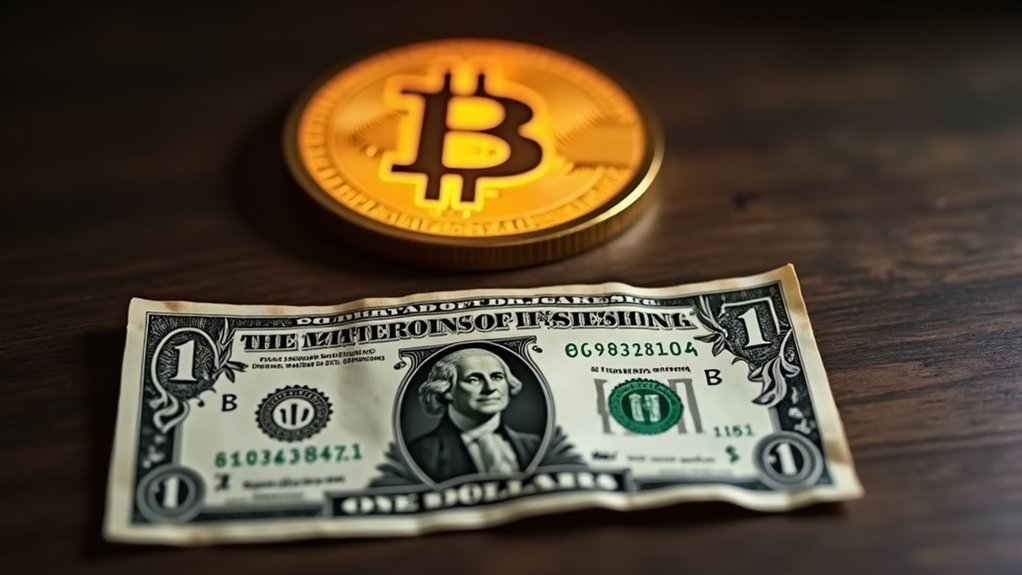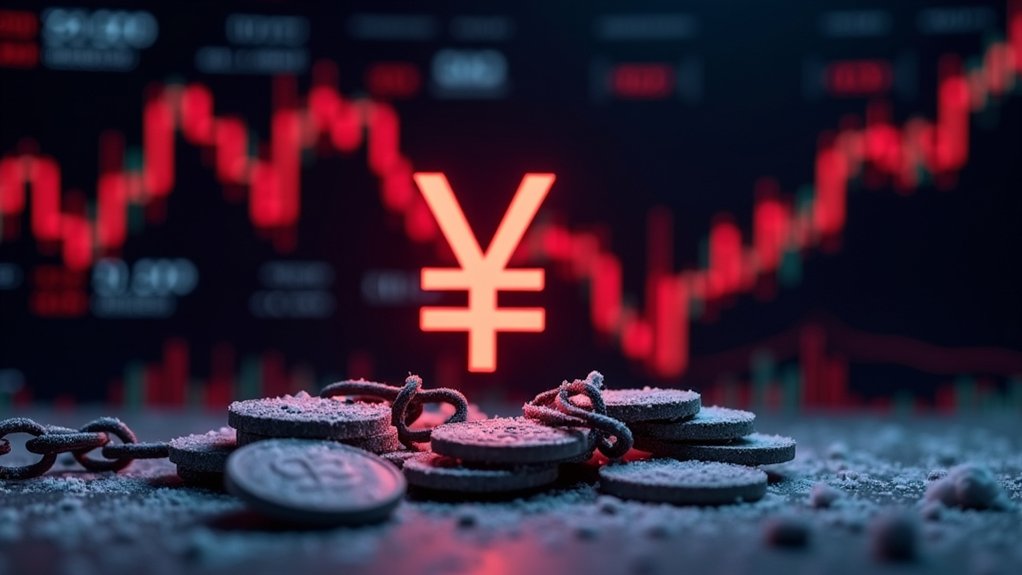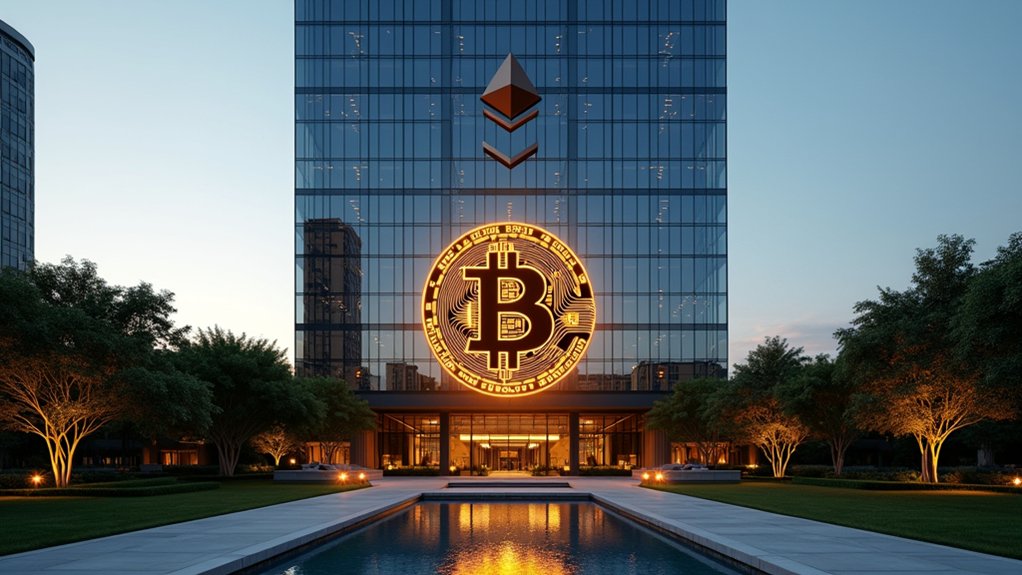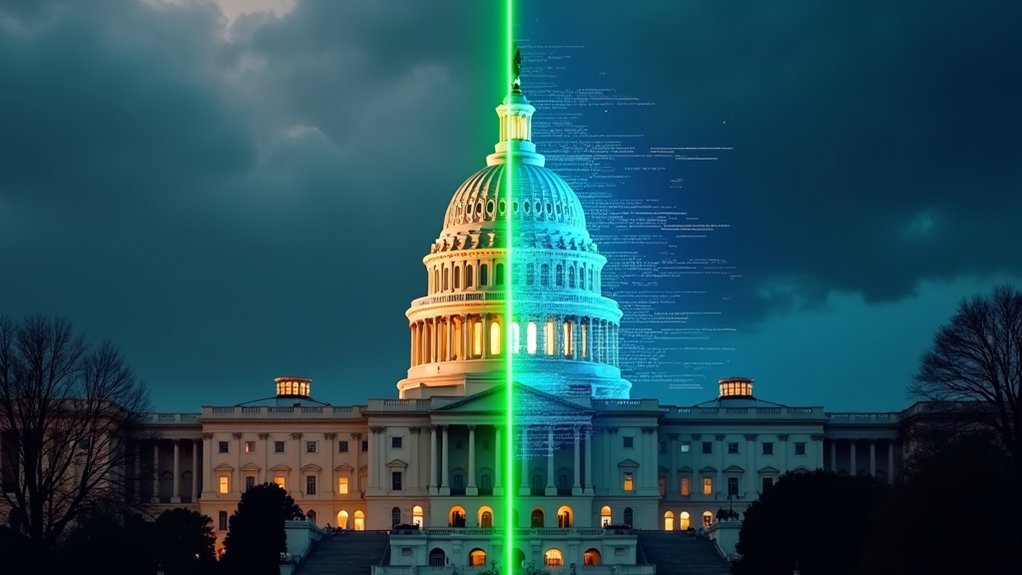While most financial experts tiptoe around criticism of the US dollar, “Rich Dad Poor Dad” author Robert Kiyosaki isn’t pulling any punches. The outspoken investor has been sounding the alarm about the greenback’s decline, pointing to excessive money printing and skyrocketing national debt as key factors in its downward spiral. The dollar’s drop to a 14-month low in 2023 seems to validate his concerns.
But Kiyosaki isn’t just complaining – he’s taking action. He’s aggressively shifting his investment strategy toward Bitcoin, predicting the cryptocurrency will reach $250,000 to $350,000 by 2025. Recent events have strengthened his conviction as BlackRock’s Bitcoin outflows signal potential market growth. Not bad for an asset that some traditionalists still dismiss as “magic internet money.” His preference for direct Bitcoin ownership over ETFs shows he’s done his homework on cryptocurrency fundamentals. His confidence has only grown since Donald Trump’s pro-crypto stance energized the market.
The math behind his thinking is surprisingly straightforward. Bitcoin’s fixed supply of 21 million coins stands in stark contrast to the endless money printing of fiat currencies. The cryptocurrency’s SHA-256 cryptography ensures unparalleled security for transactions, making it a trustworthy store of value. It’s like comparing a rare baseball card to a printer that keeps spitting out copies – eventually, those copies become worthless.
Bitcoin’s decentralized nature also means governments can’t manipulate it like they do with traditional currencies. Economic principles support Kiyosaki’s position. Gresham’s Law suggests that “bad money drives out good money,” while Metcalfe’s Law indicates that Bitcoin’s value grows with its expanding user base. It’s like watching a social network grow – the more people join, the more valuable it becomes.
Kiyosaki hasn’t abandoned traditional safe havens entirely. He maintains a diversified portfolio including real estate, gold, and silver alongside Bitcoin. But his emphasis on cryptocurrency as a superior store of value reflects a growing sentiment among investors: the US dollar’s days as the world’s reserve currency might be numbered.
In his view, market crashes aren’t disasters – they’re shopping opportunities. And with the dollar’s purchasing power melting faster than an ice cream cone in July, Bitcoin’s mathematical certainty looks increasingly attractive.





